Review for “Selma”
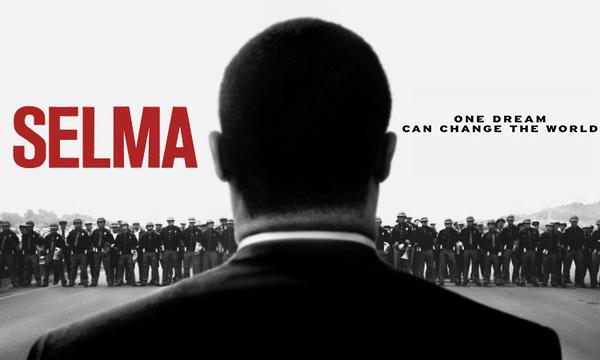
How does one judge a biopic? Being spectacularly subjective just as any other artful medium, there are no set rules or regulations for deciding the quality of entertainment these sort of films provide. I enjoy boiling down most narratives to a simple system of one through ten, based on characters, tone, theme, execution, style, and, most importantly, substance; but how many elements of a great narrative truly fit into judging a biopic?
Story? No, the filmmakers must abide by the story history has written. Theme? Is a theme not already ingrained in the biopic being presented? Martin Luther King Jr. fought racial prejudice. Should another theme be included, since this was one was made long ago, bearing no personal weight on the filmmakers involved? These are questions I have wrestled with ever since seeing Selma, a film based around the crucial civil rights march which took place in the titular town in the state of Alabama.
Selma, written by Paul Webb, follows a simple enough story. Martin Luther King Jr. attempts to march from Selma, Alabama to Montgomery, Alabama as a sign of peaceful protest in opposition to the Jim Crow voting laws of the 1960’s. Directed by Ava DuVernay in a conflicting dry, straight-to-the-point manner with the film’s subject, the film stars David Oyelowo as Dr. King and has been nominated for best picture and best song (Common and John Legend’s Glory).
With such powerful material to work with, I was perplexed as to the path Selma chose to follow, especially in choosing what events to show, how long to show them, and how to transition from one inconvenient circumstance to the next. First and foremost, Selma zoned in close to Dr. King, too close to appreciate the perpetual tension of 1960’s Alabama, yet not close enough to feel the man’s perpetual anguish for the events at hand. This zone is perfect in showcasing Oyelowo’s ability to mimic the passion of King’s speeches (which he does strikingly well) and just set up each new obstacle (there are many of them) King encounters through conversations with President Lyndon B. Johnson, played well by Tom Wilkinson.
Due to the precarious distance at which the audience is forced to stand to King, what Selma truly boils down to is several monologues, most made by King, depicting in straight-forward banality his feelings for the events at hand. For instance, a friend or colleague might say, “Dr. King, this has just happened. Aren’t you (fill in emotion here)?” “Yes I am, (fill in present companion’s name here) but (point 1) and (point 2).”
The dialogue between King and his closest friends feels too formal at most times. The audience is shown King writing his speeches nights before he delivers them, straining over every word, and the many speeches we see King recite are the highlights of the film. But in his own house, conversing with his own friends, his wife, his children, did Martin Luther King Jr. dominate the conversation with long winded speeches and moral reflections at every stopping point in the conversation? Did he? That’s what Selma leads me to believe, but frankly I don’t believe any man, woman, or child, no matter how wise, speaks predominantly in monologue. It’s not natural. It’s not human.
More than this, monologue in the place of dialogue does not move me as much as a rare monologue to intensify the emotions of the protagonist. It bores me, as more often I feel I’m being lectured rather than entertained or informed by the film.
Frustratingly impersonal as the film may come off, reiteration is due as to the strength of Oyelowo’s performance. Though it is just mimicry for long stretches of the film, instead of making King his own character (which is necessary–after all, this is King the audience is seeing, right?), Oyelowo elevates each scene in which he must share a heartfelt speech with a congregation, with the president, with the nation. Without his performance, a film which floats by on the screen in a sort of indifference would sink like a stone in the minds of those watching.
Another point of contention when dealing with a biopic of any sort is accuracy. From various reports, it seems the only possible historical untruth of the film is a stretch of the relationship shared between King and President Johnson. All in all, not much of a blemish on DuVernay’s vision of the events.
In conclusion, Selma is little more than a flat retelling of Martin Luther King Jr.’s passionate move for rebellion and freedom. Its problems lie more in its restrictions of being impersonal with King and his struggles than any form of incompetence or it not being genuine. Overall, an entertaining movie that I wish had moved me more. 7/10.
Your donation will support the student journalists of Cypress Ranch High School. Your contribution will allow us to purchase equipment and cover our annual website hosting costs.






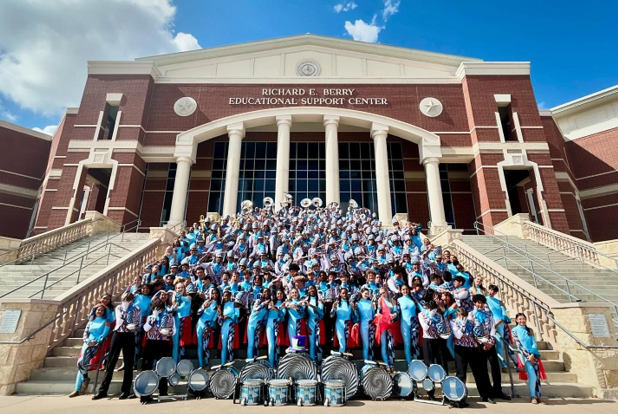






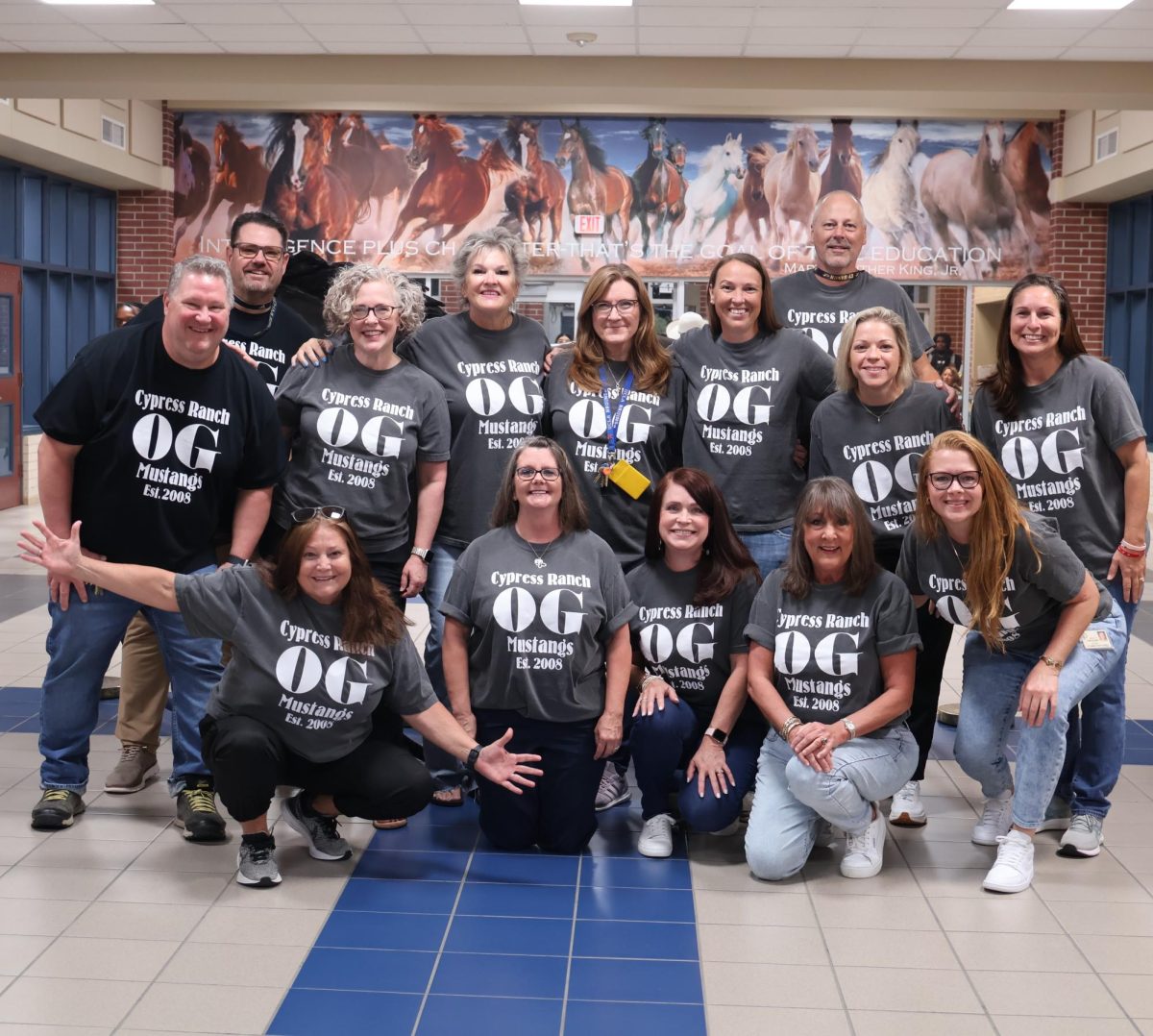




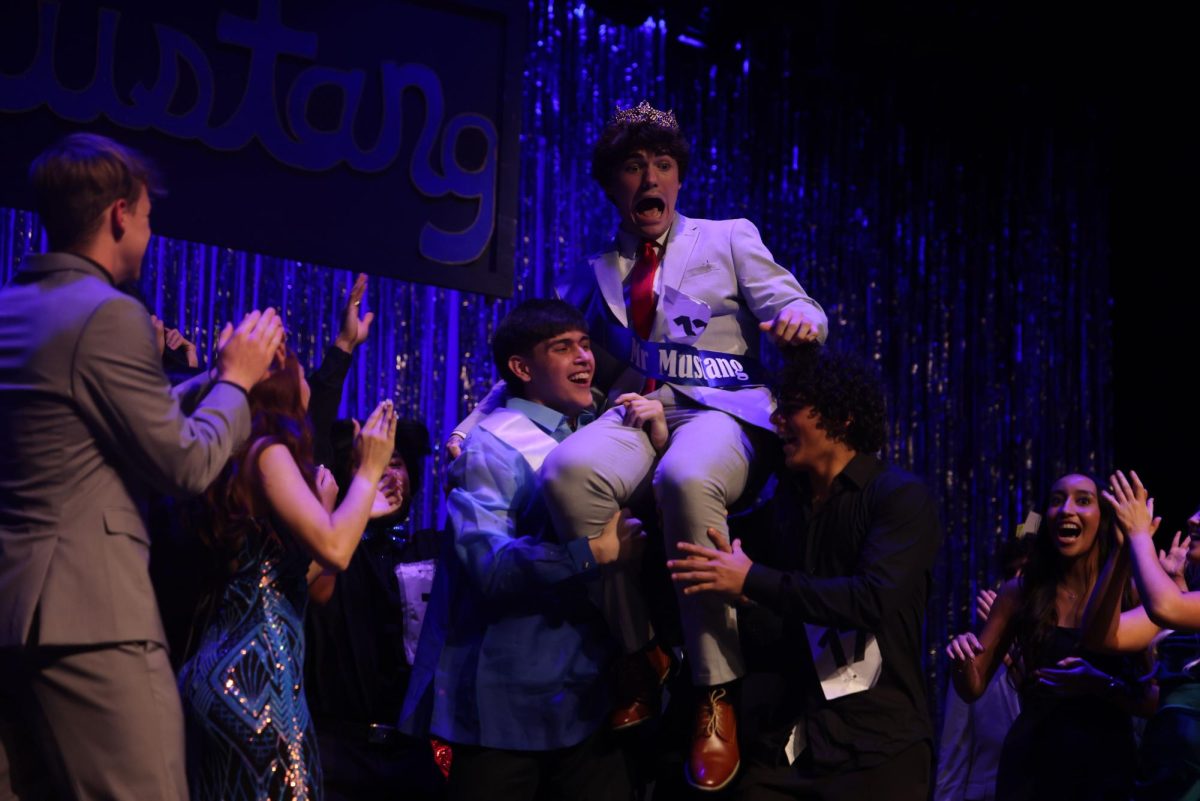









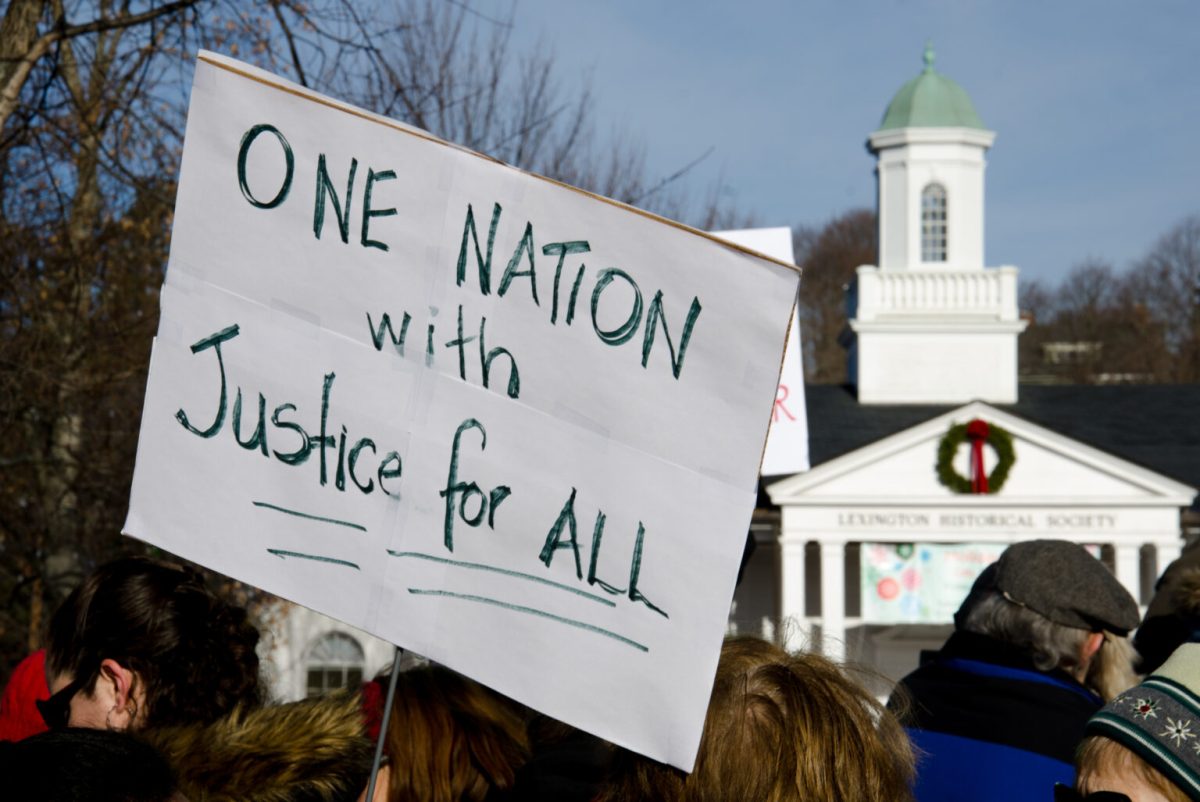





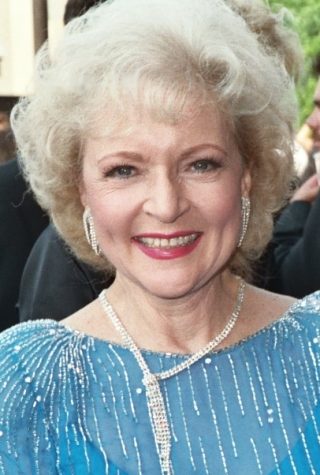




Austin Oswald • Jan 28, 2015 at 12:49 pm
Truthful, Strong, and Powerful. Those are the three words I would use to describe this movie. Selma is the true story of Martin Luther King Jr., fellow African Americans, and even some White Americans as they fought to secure equal voting rights for all Americans. The performance given by David Oyelowo as MLK is reason enough to watch this movie. He was powerful and inspiring, just as MLK was and delivered his lines with strength and emotion. The screenplay by Paul Webb was amazingly written and ingeniously structured. He wrote without limits to reveal the actual pain and violence of the time. At some points, it was hard to watch, but that is the truth. That’s what happened and there is no denying the truth behind this fascinating and inspiring story. Selma is truly a piece of history. I give it 8/10 stars and wish it good luck in the upcoming awards season.